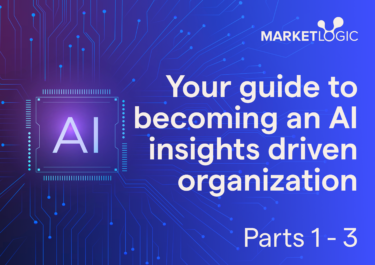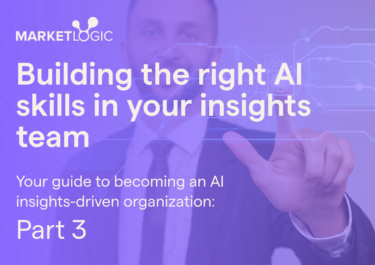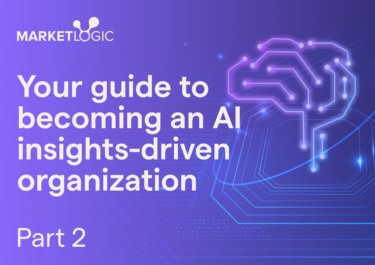
March 17, 2021

March 17, 2021
The essential pre-condition to delivering insights that drive outstanding decisions is for your team to understand your business stakeholders and carefully listen to their business needs. At our executive panel on scalability and business impact with insights centers of excellence with Forrester analyst Cinny Little and insights executives at American Express, Colgate-Palmolive, EON, Home Depot, and Mondelez, we heard how important it is for insights to be both relevant and differentiated. It seems that business proximity in the field and on the laptop is key to achieving this.
Phillip Chambers, VP and Global Head of Insights at American Express, shared his obsession with insights relevance, and differentiation to drive the business. According to Phillip, if an insight is relevant but not differentiated, it simply confirms what people already know. In other words, it’s banal. And if an insight is unique but irrelevant, it’s simply a provocation without purpose (inane). Perhaps worse, an insight that’s neither relevant nor differentiated, is simply clutter. To make their mark inside your business and for your customers, your insights need to live in the highly relevant and highly differentiated sweet spot. “That’s what we strive for when we develop products and solutions and communications for our customers … and that space is quite rare.”
When it comes to Centers of Excellence, the centralized model can produce a lot of differentiation, “because you’ve got real critical mass around expertise, but you may miss the connection to the business units,” said Phillip. “And if you’re incredibly devolved, you may get the business connection, but miss the uniqueness because you’re too thinly spread to create a critical mass.“
There’s a balance to be struck to ensure a Center of Excellence is really listening to the business to deliver relevant insights that are differentiated. For Richard Thorogood, VP, Global Head of CMI at Colgate-Palmolive, one of the most important skills is to be a good listener, “really trying to put yourself continually into the shoes of the division, trying to find common ground, and making sure that common ground is aspirational, not just the lowest common denominator.”
Brendan Baby, Head of CX, Strategy, & Analytics at The Home Depot, says his team stands apart from the clutter bucket by focusing on relevance and refusing to perform work that will not change business minds or hypotheses.” To get to the differentiated insights, his team “take three and five really big swings every year, picking a topic that the organization might not be comfortable with, to move the company forward.”
Meanwhile, at Mondelez, Paola Vacchini, Director, Consumer Insights & Analytics Europe sees the ability to deliver relevant and differentiated insights as a consequence of evolving skills. Working in a hybrid (hub and spoke) organization means we can “look for unique solutions and differentiated kinds of contributions that bring the best, incremental advances to the different teams.”

How is AI transforming roles, skills and capabilities in insights functions?

Interview with Nextatlas CEO Luca Morena

An introduction to gen AI for businesses. From RAG to LLMs — get the lowdown.

Exploring the Future of AI in Marketing: Integrating Insights into Business Systems for Enhanced Decision-Making.

To succeed in today's dynamic consumer landscape, your organization must be able to react faster…

How does this guide help you? In part 3 of our guide, we’ll delve into…

Learn the AI insights-powered enterprise systems architecture and processes.

Transform your organization with insights. Download this guide to find out how.